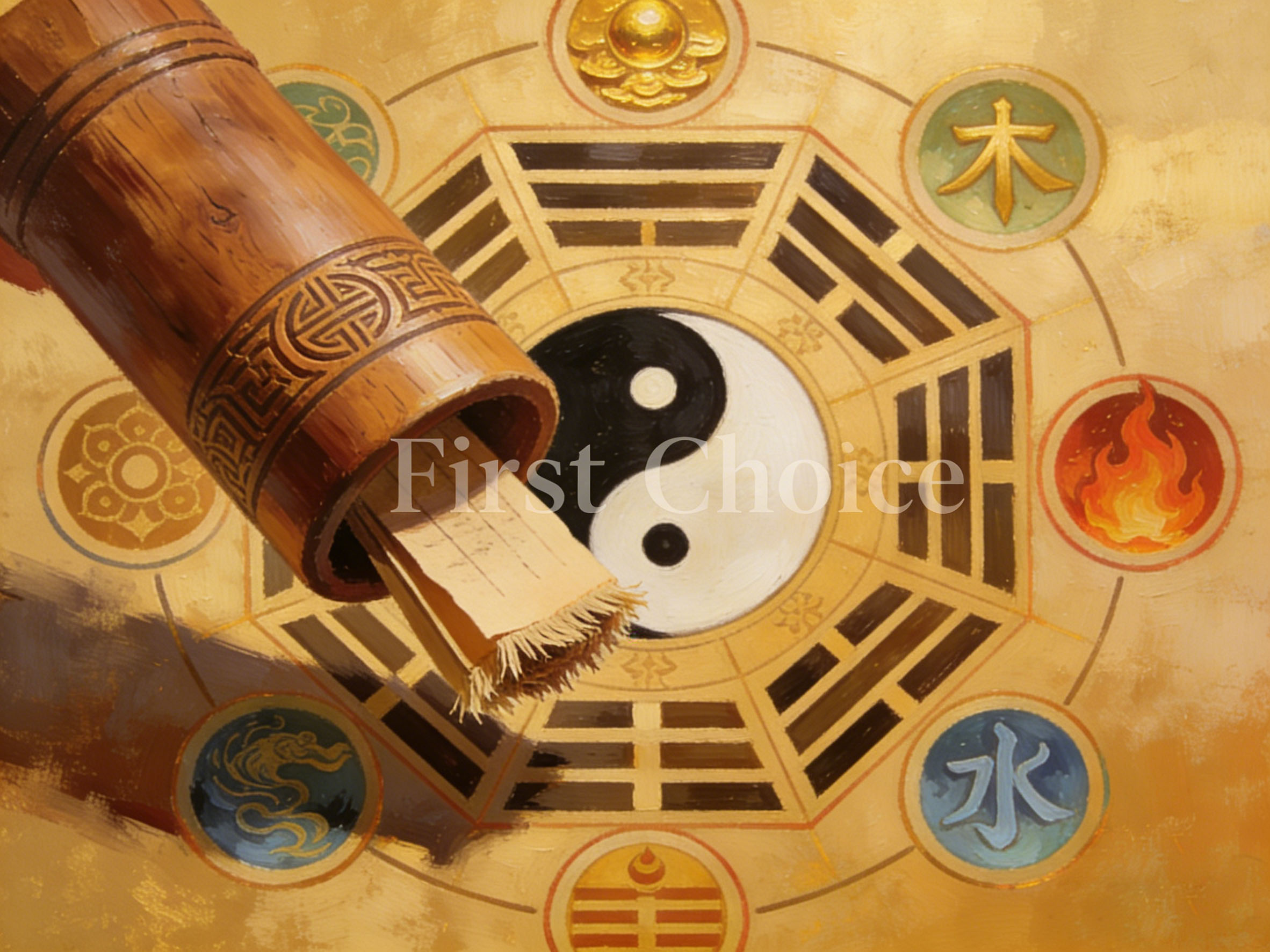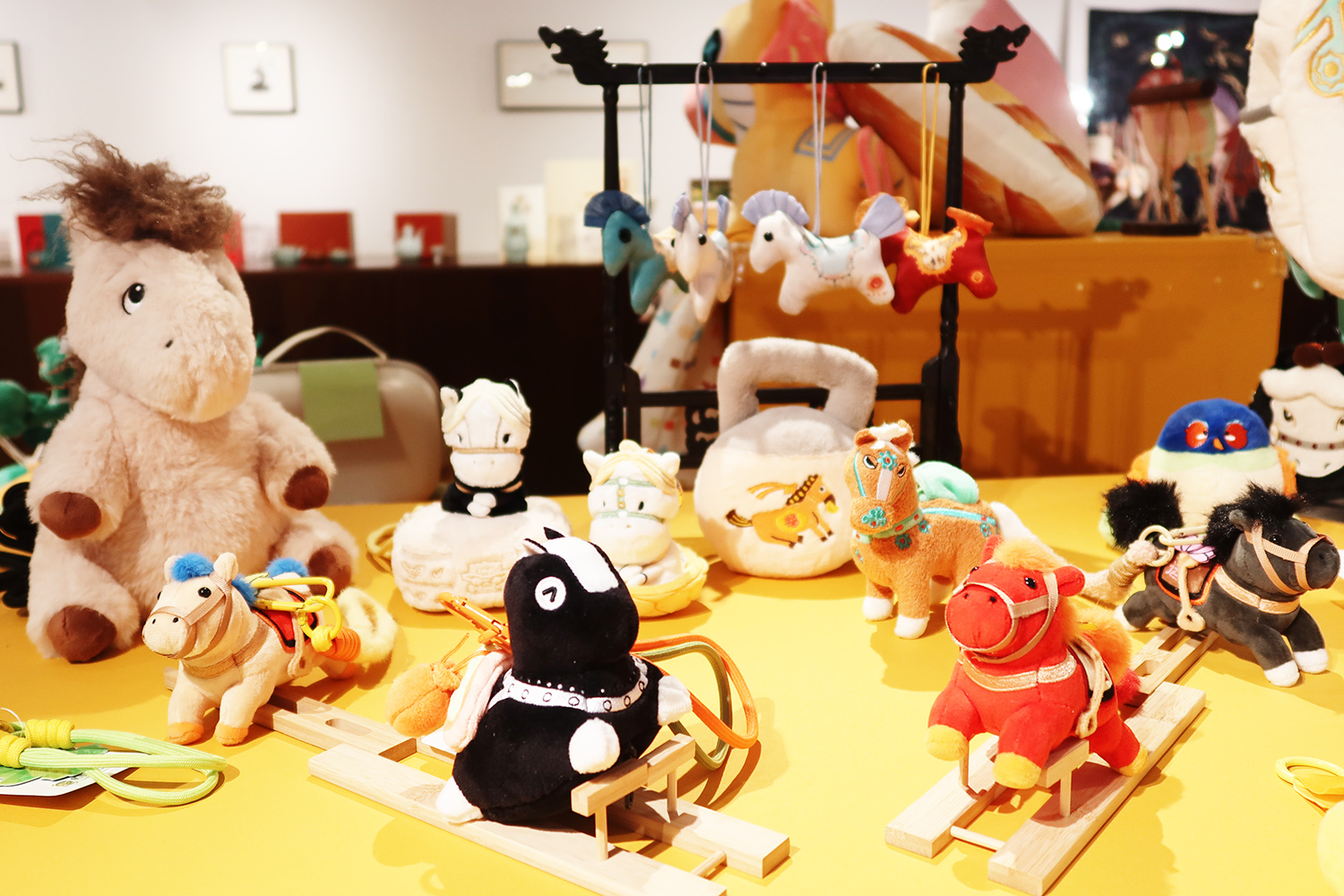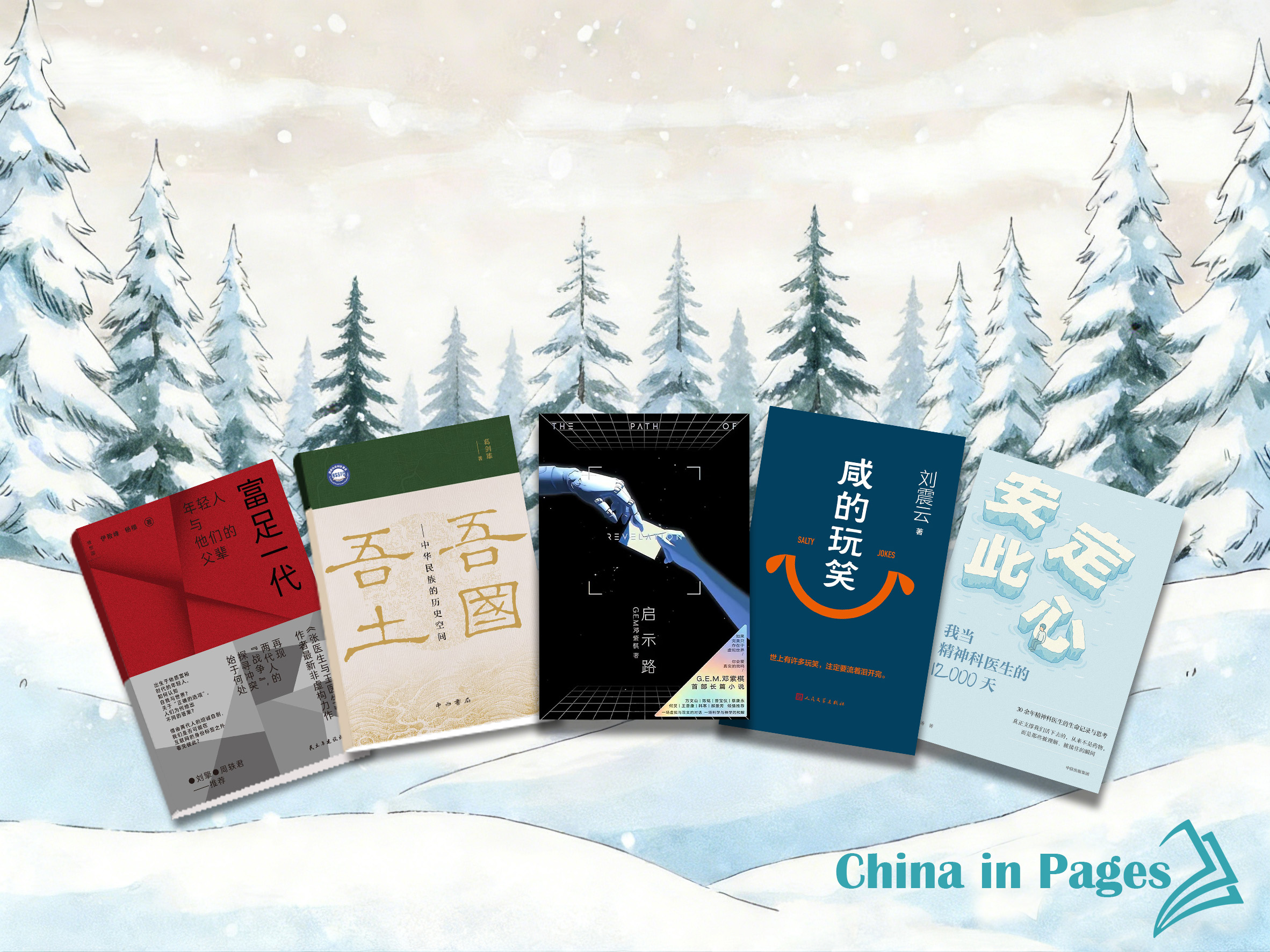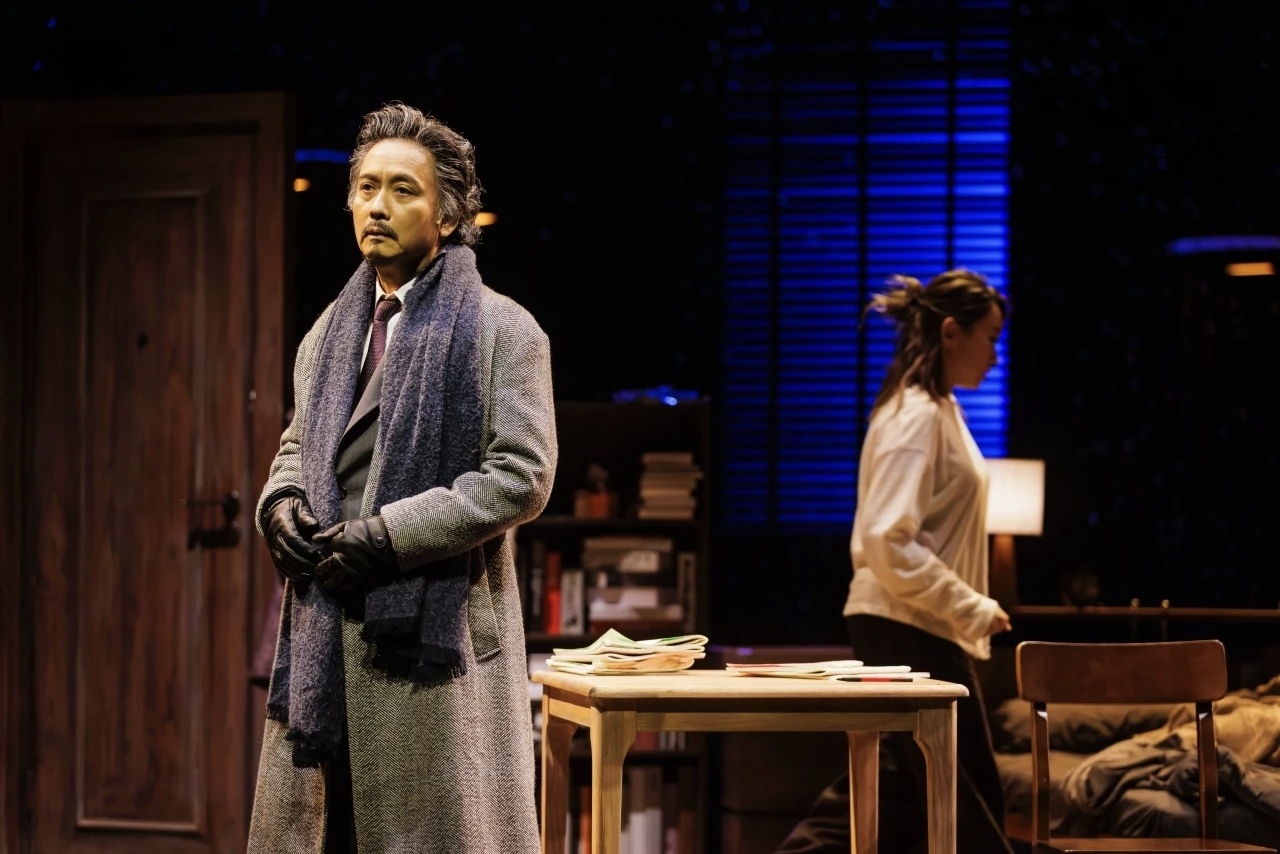China’s WWII veterans share their stories of bravery, sacrifice, and honour. From medals to memories, their voices keep history alive across generations.
In Beijing’s Tongzhou District, 99-year-old veteran Li Jizhong received a medal marking the 80th anniversary of the victory in the Chinese People’s War of Resistance Against Japanese Aggression and World War II.
Li was born in 1926 and joined the army in March 1945. He later fought in the Korean War. Holding an old photo of himself in uniform, Li spoke with emotion about the battles of his youth. “On September 3, I will wear this medal,” he said. “It will feel like I am once again standing with my comrades.”
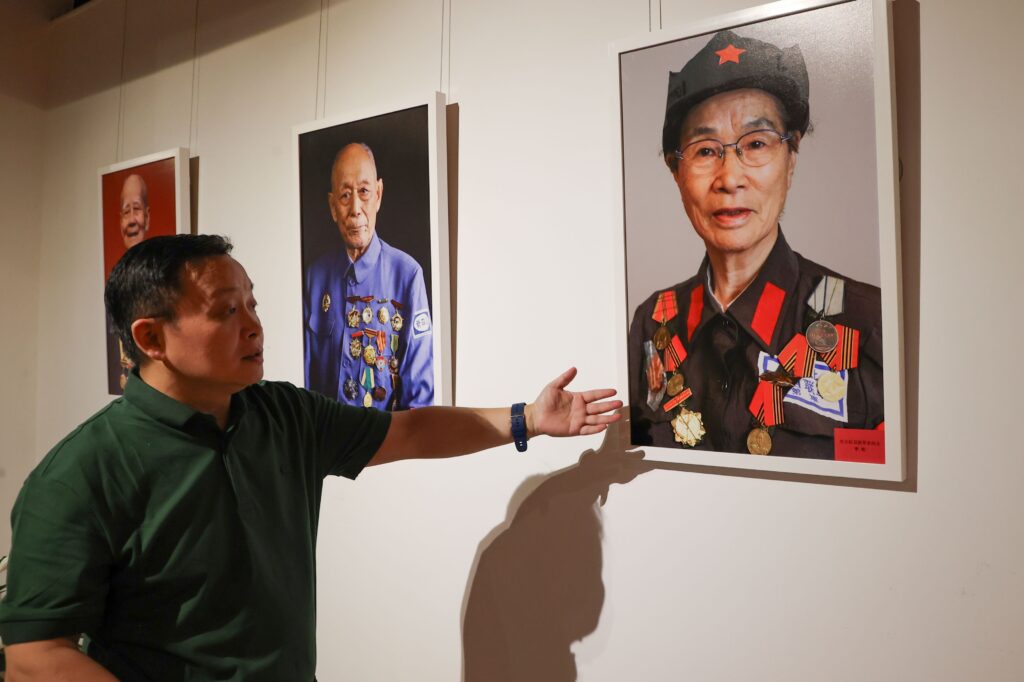
Memories from Hong Kong
Several veterans from Hong Kong also travelled to Beijing for the anniversary parade. They carried with their medals earned over decades of commemoration.
Lo Jinghui, 95, fought with the Guangdong People’s Anti-Japanese Guerrilla Force and the Dongjiang Column. He proudly showed a collection of medals, calling them the country’s highest honours.
For 91-year-old Xie Xiangxing, it was his first time attending the parade in Beijing. “There are no words to describe this feeling,” he said. “I am happy, truly happy.”
Lin Zhen, another veteran of the Dongjiang Column, explained the meaning of this journey: “I have been to Beijing many times, but this is different. This time, I stand together with people who cherish peace around the world.”

A Rescue That Crossed Borders
The Dongjiang Column did more than fighting Japanese troops. In 1944, they also saved pilots. During the occupation of Hong Kong, Japanese forces used Kai Tak Airport as a base. On February 11 that year, U.S. pilot Lieutenant Kerr of the “Flying Tigers” was shot down. He parachuted into the hills of Sha Tin.
A young messenger named Li Shi spotted him and hid him in a cave. Later, the legendary fighter Liu Jinjin, known as “Blackie Lau,” and his unit escorted Kerr to safety. He eventually returned to Guilin and reported the rescue to General Claire Chennault, helping establish cooperation between U.S. forces and the Dongjiang Column.
Decades later, Kerr’s son David came to China to retrace his father’s path. Guided by descendants of the resistance fighters, he found the same cave. He also met Li Shi, the boy who had once protected his father. Now almost 90 and in poor health, Li could not speak. But when David took his hand, both men wept.
These stories—of medals, memories, and a rescue that spanned nations—show how the past continues to shape the present. For the veterans, the medals are more than symbols. They are reminders of sacrifice and of the enduring hope for peace.
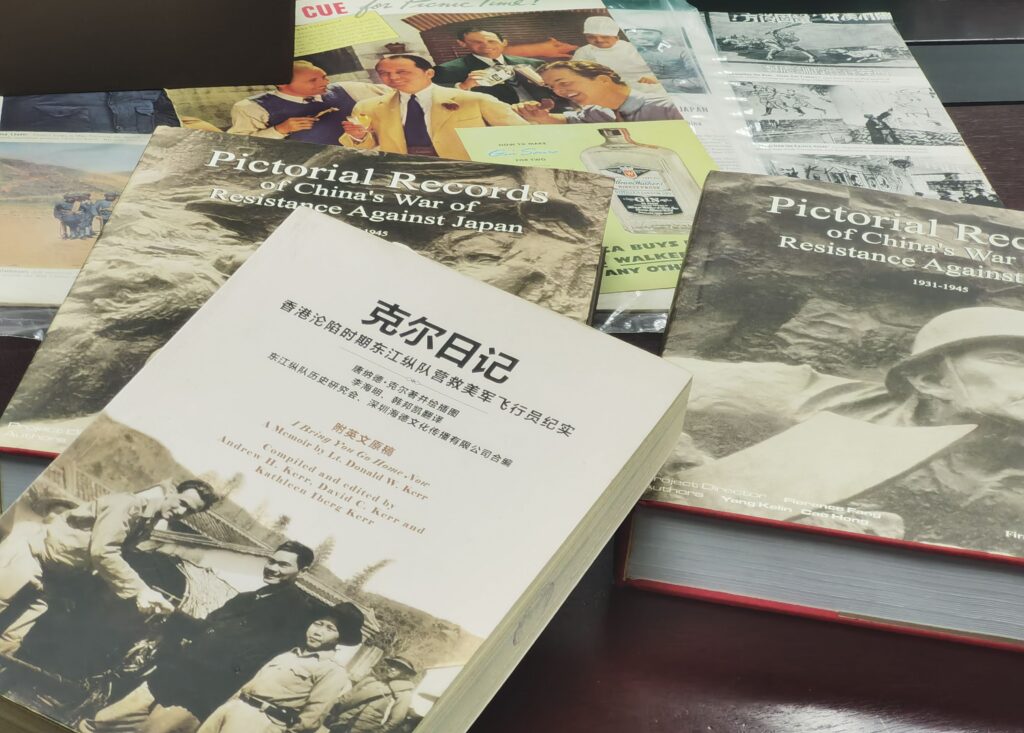
Written by Chen Wang, additional reporting by HKCNA, CNS.
If you like this article, why not read: Cheung Chau: The Small Island with a Wartime Secret





